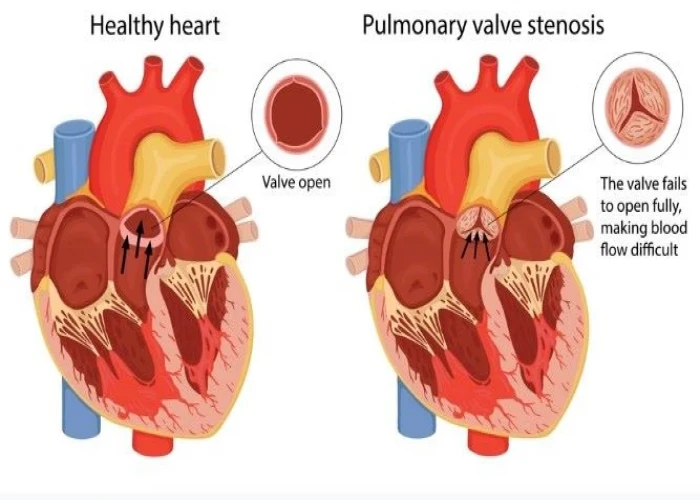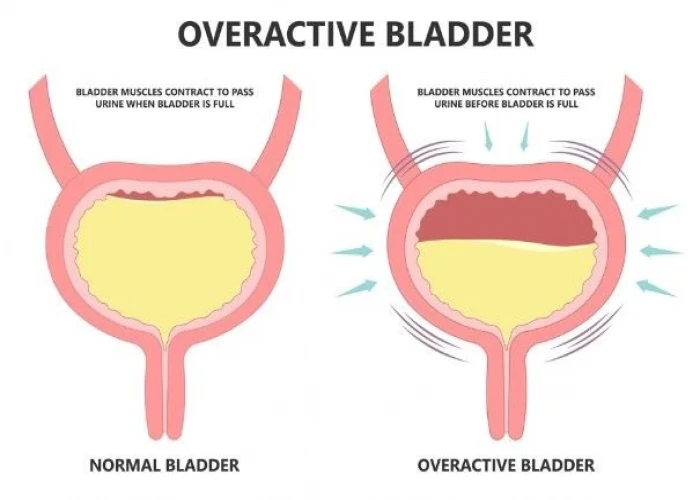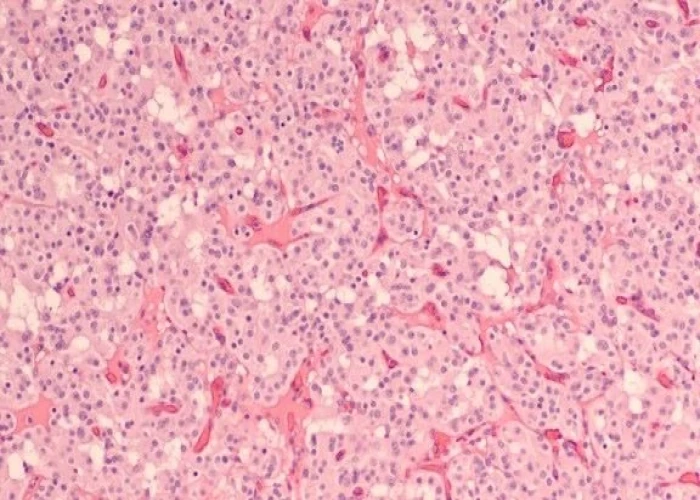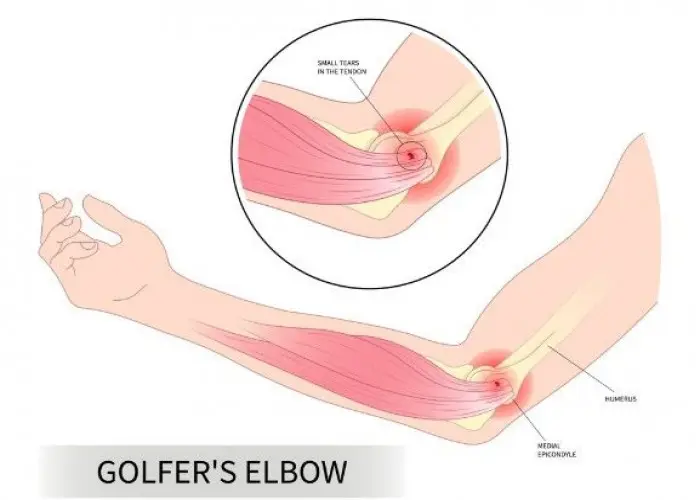 Welcome
Welcome
“May all be happy, may all be healed, may all be at peace and may no one ever suffer."
Nicotine dependence

Nicotine dependence occurs when you need nicotine and can't stop using it. Nicotine is the chemical in tobacco that makes it hard to quit. Nicotine produces pleasing effects in your brain, but these effects are temporary. So you reach for another cigarette.
The more you smoke, the more nicotine you need to feel good. When you try to stop, you experience unpleasant mental and physical changes. These are symptoms of nicotine withdrawal.
Regardless of how long you've smoked, stopping can improve your health. It isn't easy but you can break your dependence on nicotine. Many effective treatments are available. Ask your doctor for help.
Research Papers
Disease Signs and Symptoms
- Increas by smoking
- Drug addiction
- Can't stop smoking but unsuccessful attempts to stop.
- Keep smoking despite health problems.
Disease Causes
Nicotine dependence
Nicotine is the chemical in tobacco that keeps you smoking. Nicotine reaches the brain within seconds of taking a puff. In the brain, nicotine increases the release of brain chemicals called neurotransmitters, which help regulate mood and behavior.
Dopamine, one of these neurotransmitters, is released in the reward center of the brain and causes feelings of pleasure and improved mood.
The more you smoke, the more nicotine you need to feel good. Nicotine quickly becomes part of your daily routine and intertwined with your habits and feelings.
Common situations that trigger the urge to smoke include:
- Drinking coffee or taking breaks at work
- Talking on the phone
- Drinking alcohol
- Driving your car
- Spending time with friends
To overcome your nicotine dependence, you need to become aware of your triggers and make a plan for dealing with them.
Disease Prevents
Nicotine dependence
The best way to prevent nicotine dependence is to not use tobacco in the first place.
The best way to keep children from smoking is to not smoke yourself. Research has shown that children whose parents do not smoke or who successfully quit smoking are much less likely to take up smoking.
Disease Treatments
Like most smokers, you've probably made at least one serious attempt to stop. But it's rare to stop smoking on your first attempt — especially if you try to do it without help. You're much more likely to be able to stop smoking if you use medications and counseling, which have both been proved effective, especially in combination.
Medications
Some quit-smoking products are known as nicotine replacement therapy because they contain varying amounts of nicotine. Some of these nicotine replacement therapies require a prescription, but others don't. There are two approved quit-smoking medications that don't contain nicotine, and both are available only by prescription.
Any of these products can help reduce nicotine cravings and withdrawal symptoms — making it more likely that you'll stop smoking for good. Using more than one may help you get better results.
Although you can buy some quit-smoking products without a prescription, it's a good idea to talk to your doctor first. Together you can explore which products might be right for you, when to start taking them and possible side effects.
Counseling
Medications help you cope by reducing withdrawal symptoms and cravings, while behavioral treatments help you develop the skills you need to give up tobacco for good. The more time you spend with a counselor, the better your treatment results will be.
During individual or group counseling, you learn techniques you can use to help you stop smoking. Many hospitals, health care plans, health care providers and employers offer treatment programs. Some medical centers provide residential treatment programs — the most intensive treatment available.
Methods to avoid
Electronic cigarettes (e-cigarettes) have not proved to be safe nor are they more effective in helping people stop smoking than nicotine replacement medications. In fact, many people who use e-cigarettes to stop smoking find themselves using both products rather than quitting.
It's not a good idea to substitute another type of tobacco use for smoking. Tobacco in any form is not safe. Steer clear of these products:
- Dissolvable tobacco products
- Smokeless tobacco
- Nicotine lollipops and balms
- Cigars and pipes
- Hookahs
Disease Diagnoses
Disease Allopathic Generics
Disease Ayurvedic Generics
Disease Homeopathic Generics
Disease yoga
Nicotine dependence and Learn More about Diseases

Radiation sickness

Pulmonary valve stenosis

Overactive bladder

Pancreatic cysts

Genital herpes

Phenylketonuria (PKU)

Golfer's elbow

Perimenopause
nicotine dependence, নিকোটিন নির্ভরতা
To be happy, beautiful, healthy, wealthy, hale and long-lived stay with DM3S.
